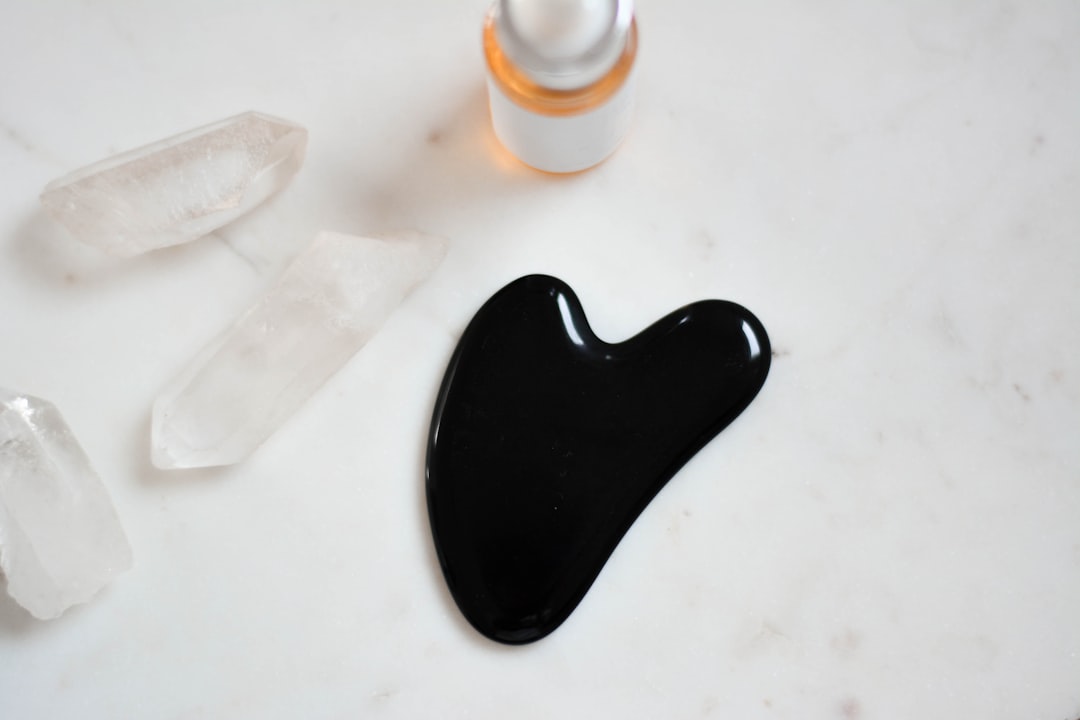Understanding your skin type is the first step in creating an effective skincare routine. There are five main skin types: normal, dry, oily, combination, and sensitive. Normal skin is well-balanced, with small pores and few imperfections. Dry skin often feels tight and may appear flaky or rough. Oily skin is characterized by enlarged pores, a shiny complexion, and a tendency to develop acne. Combination skin has a mix of oily and dry areas, with the T-zone (forehead, nose, and chin) being oily and the cheeks being dry. Sensitive skin is prone to redness, itching, and irritation.
Once you have identified your skin type, you can choose products and develop a routine that caters to its specific needs. For example, those with oily skin may benefit from oil-free moisturizers and gentle exfoliants to unclog pores, while individuals with dry skin may require richer, more hydrating products to combat flakiness and tightness. Understanding your skin type is crucial in selecting the right skincare products and ensuring that they work effectively for you.
Summary
- Understanding your skin type is crucial for choosing the right skincare products and routine.
- Tailoring your skincare routine to your specific skin type and concerns is essential for achieving the best results.
- Embracing your skin concerns and addressing them with the right products and practices can lead to healthier, happier skin.
- Choosing the right products for your skin type and concerns can make a significant difference in the effectiveness of your skincare routine.
- Incorporating self-care practices into your skincare routine can help reduce stress and improve overall skin health.
Tailoring Your Skincare Routine
Once you have identified your skin type, it’s important to tailor your skincare routine to address your specific needs. A basic skincare routine typically consists of cleansing, exfoliating, moisturizing, and applying sunscreen. However, the products and techniques you use will vary depending on your skin type. For example, those with oily skin may benefit from using a foaming or gel cleanser to remove excess oil and a lightweight, oil-free moisturizer to hydrate without adding extra shine. On the other hand, individuals with dry skin may opt for a creamy or hydrating cleanser and a richer moisturizer to combat dryness.
In addition to the basic steps, you may also want to incorporate targeted treatments such as serums or masks to address specific concerns like acne, hyperpigmentation, or aging. It’s important to pay attention to how your skin responds to different products and adjust your routine accordingly. Regularly reassessing your skincare routine and making changes as needed will help you achieve the best results for your skin.
Embracing Your Skin Concerns
It’s important to embrace your skin concerns and understand that everyone’s skin is unique. Whether you struggle with acne, hyperpigmentation, fine lines, or other issues, it’s essential to approach your skincare routine with patience and a positive mindset. Embracing your skin concerns means acknowledging them and seeking out products and treatments that can help address them effectively.
For example, if you have acne-prone skin, incorporating ingredients like salicylic acid or benzoyl peroxide into your routine can help reduce breakouts and prevent future ones. If you have hyperpigmentation, using products with ingredients like vitamin C or niacinamide can help even out your skin tone. Embracing your skin concerns also means being gentle with yourself and not being too hard on your skin. It’s important to treat your skin with care and kindness as you work towards improving its condition.
Choosing the Right Products
Choosing the right skincare products is essential for achieving healthy, radiant skin. When selecting products, it’s important to consider your skin type, concerns, and any sensitivities you may have. Look for products that are formulated specifically for your skin type, whether it’s dry, oily, combination, or sensitive. For example, if you have sensitive skin, opt for gentle, fragrance-free products that are less likely to cause irritation.
In addition to considering your skin type, it’s also important to look for products that contain beneficial ingredients for your specific concerns. For example, if you’re looking to address signs of aging, seek out products with ingredients like retinol or peptides. If you have acne-prone skin, look for products with salicylic acid or benzoyl peroxide to help clear breakouts. It’s also important to be mindful of any potential allergens or irritants in the ingredients list and perform patch tests when trying out new products.
Incorporating Self-Care Practices
Incorporating self-care practices into your skincare routine can help promote overall well-being and enhance the effectiveness of your skincare regimen. Self-care can take many forms, from taking time for relaxation and stress reduction to engaging in activities that bring you joy and fulfillment. Stress can have a significant impact on the health of your skin, so finding ways to manage stress can be beneficial for maintaining healthy skin.
In addition to stress reduction, self-care practices can also include activities that promote physical health, such as regular exercise and a balanced diet. Exercise can improve circulation and promote a healthy complexion, while a diet rich in fruits, vegetables, and antioxidants can provide essential nutrients for glowing skin. Taking time for self-care can also involve pampering yourself with skincare treatments like masks or at-home facials. By incorporating self-care practices into your skincare routine, you can support both the health of your skin and your overall well-being.
Seeking Professional Advice
Seeking professional advice from a dermatologist or skincare specialist can be beneficial for addressing specific concerns and receiving personalized recommendations for your skin. If you have persistent or severe skin issues such as acne, eczema, or rosacea, consulting a dermatologist can provide valuable insights and treatment options tailored to your needs. A dermatologist can also help identify any underlying causes of your skin concerns and recommend appropriate medical treatments or procedures.
In addition to dermatologists, skincare specialists such as aestheticians can provide expert guidance on skincare routines and product recommendations. A professional skincare consultation can help you gain a better understanding of your skin’s needs and receive tailored advice on how to care for it effectively. Whether you’re looking for solutions for specific concerns or simply want to improve the overall health of your skin, seeking professional advice can be a valuable step in achieving your skincare goals.
Embracing Your Natural Beauty
Embracing your natural beauty means accepting and celebrating the unique qualities of your skin. It’s about recognising that beauty comes in all shapes, sizes, and skin types. Embracing your natural beauty involves cultivating self-confidence and self-love, regardless of any imperfections or insecurities you may have about your skin.
One way to embrace your natural beauty is by adopting a positive mindset towards yourself and your appearance. Instead of focusing on perceived flaws or comparing yourself to unrealistic beauty standards, shift your focus towards appreciating the things that make you unique. Embracing your natural beauty also means taking care of yourself from the inside out by prioritising self-care practices that promote overall well-being.
In conclusion, understanding your skin type, tailoring your skincare routine, embracing your skin concerns, choosing the right products, incorporating self-care practices, seeking professional advice, and embracing your natural beauty are all essential aspects of achieving healthy, radiant skin. By taking a holistic approach to skincare that considers both the physical and emotional aspects of caring for your skin, you can cultivate a positive relationship with yourself and achieve the best results for your skin. Remember that everyone’s skincare journey is unique, so be patient with yourself as you navigate the process of finding what works best for you.
FAQs
What are the different skin types?
There are five main skin types: normal, dry, oily, combination, and sensitive. Each type has its own characteristics and requires specific care.
How can I determine my skin type?
You can determine your skin type by observing how your skin feels throughout the day. Normal skin feels balanced, not too oily or dry. Dry skin feels tight and may appear flaky. Oily skin looks shiny and may be prone to acne. Combination skin has areas that are oily and areas that are dry. Sensitive skin is easily irritated and may react to certain products.
What are some general tips for taking care of all skin types?
Some general tips for taking care of all skin types include staying hydrated, using sunscreen daily, avoiding harsh products, and following a consistent skincare routine.
How can I embrace my unique skin concerns?
You can embrace your unique skin concerns by understanding your skin type and choosing products and treatments that cater to your specific needs. Consulting with a dermatologist or skincare professional can also help you address any concerns.
What are some common skincare ingredients that work for all skin types?
Some common skincare ingredients that work for all skin types include hyaluronic acid, niacinamide, and ceramides. These ingredients help to hydrate, soothe, and protect the skin.
How important is a healthy lifestyle for maintaining healthy skin?
A healthy lifestyle, including a balanced diet, regular exercise, and managing stress, is important for maintaining healthy skin. These factors can impact the overall health and appearance of your skin.




